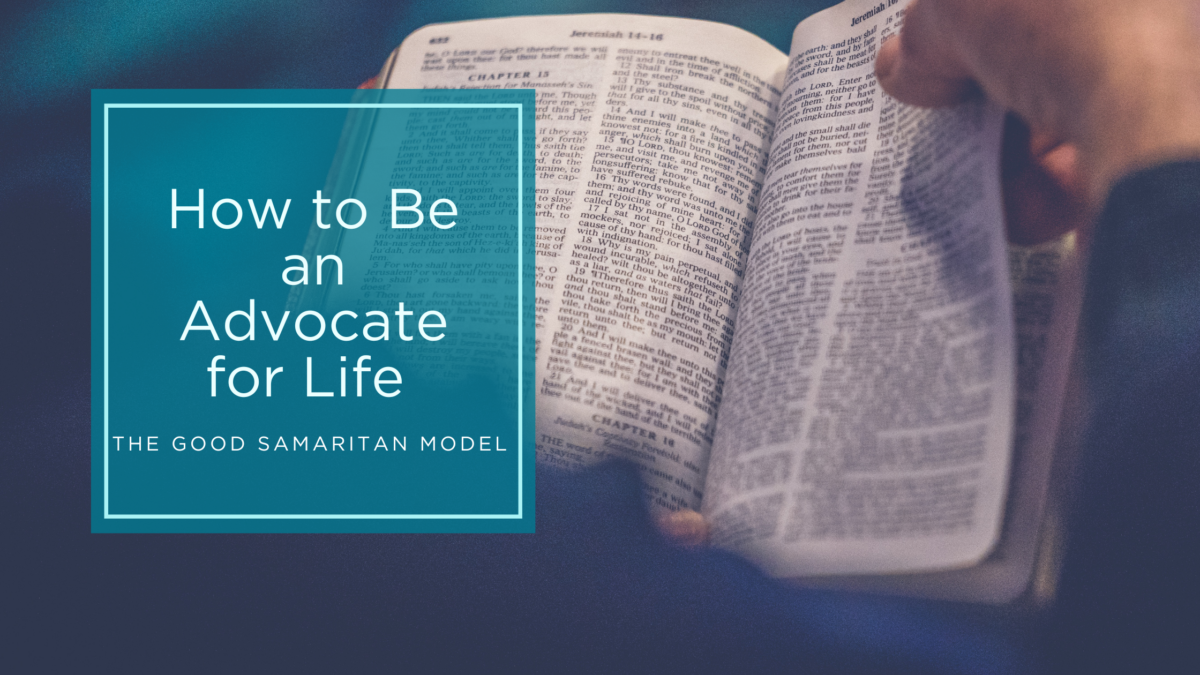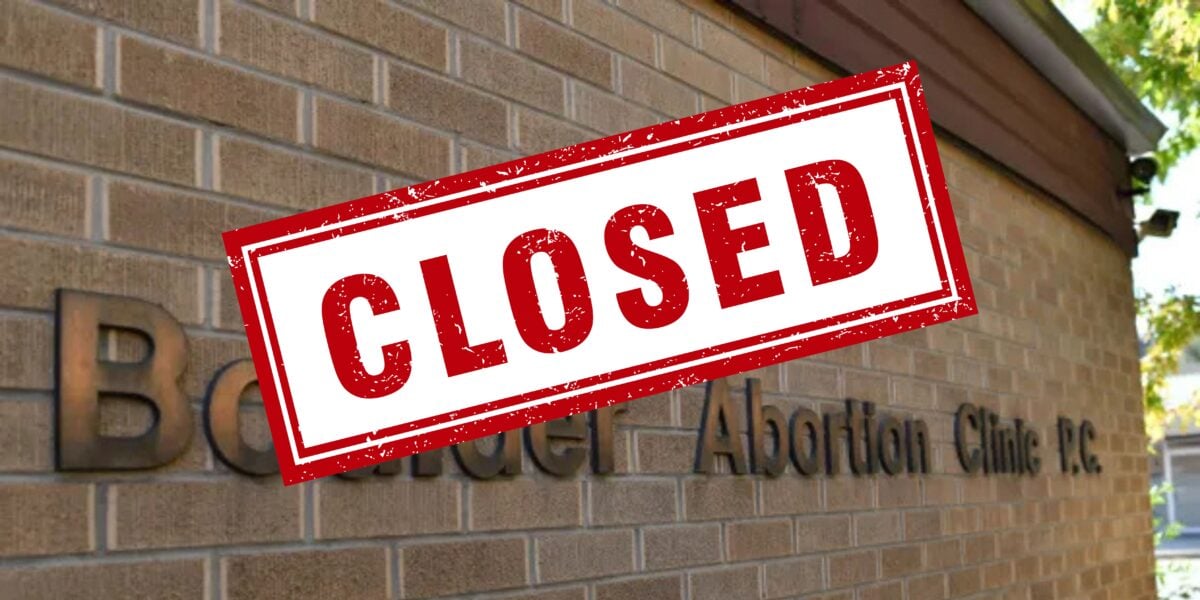What makes someone an advocate for life? Some of your friends probably come to mind. They’re the ones who volunteer, attend marches, join walks for life, and are outspoken on social media.
And those are all good things that can make a real difference. But they aren’t the heart of advocating for life. At best, they’re the sizzle, not the steak. At worst, they’re distractions from what makes a difference in the fight for life—mercy.
Let’s examine the Bible to see Jesus teach us to how to be an advocate for life.
Defining Your Neighbor
In Luke 10, Jesus gets asked a question—“What shall I do to inherit eternal life?”
The man asking is a lawyer. He knows his Old Testament in and out, front to back. His mission is simple—put Jesus to the test. He wants to know if he should take this carpenter seriously.
Jesus fires back with a question—“What is written in the law? How do you read it?” In other words, “You’re the legal expert! You tell me.”
The lawyer then recites the Shamah. Think of it like the Biblical version of the preamble to the Constitution…
“You shall love the Lord your God with all your heart and with all your soul and with all your strength and with all your mind, and your neighbor as yourself.”

“You have answered correctly,” says Jesus. “Do this, and you will live.”
But here’s the catch—both Jesus and the lawyer know it’s impossible. Love God and your neighbor perfectly? What’s next, turning lead into gold?
So the lawyer pulls out his ace card, his well-studied legal loophole designed to justify his failure—“And who is my neighbor?”
Jesus responds with his ace card—he tells the story of the Good Samaritan.
The Truth About the Good Samaritan
You know the story. A man gets robbed and left to die. Two religious men pass him by. They’re likely afraid of being exposed to his blood, which would render them ceremonially unclean.
Then a stranger approaches. He’s a Samaritan, an ethnic group hated by Jews of the time. But he’s moved by compassion. He binds the man’s wounds and brings him to an inn. Then, he pays for whatever care the man will need going forward.
Then Jesus asks, “Which of these three, do you think, proved to be a neighbor to the man who fell among the robbers?” The answer is obvious— “The one who showed him mercy.”
Christ finishes the interaction with a command to “Go and do likewise.”
See what Jesus did? It’s subtle, but you can’t unsee it once you get it.
The lawyer asked, “Who is my neighbor?” He was trying to find the bare minimum of who he had to love.
Jesus takes that question and turns it on its head. Neighbors aren’t the people next door or your friends or members of your group, whatever that is. Neighbors are people who show mercy.
And notice that Jesus doesn’t say, “Great, now go love people who show mercy!” He says, “Now YOU go out and be a good neighbor. Show mercy to everyone you meet.”
How To Be A Neighbor For Women In Unplanned Pregnancies.
That’s precisely how Christ calls you to minister to women considering abortion—be their neighbors. The story itself lends insight into what that looks like.
Christlike neighbors don’t care about ethnic, national, or religious boundaries. They see wounded and broken people, and they move in to help.
Christlike neighbors trust God with their resources. They don’t stand on the sidelines wishing they could do more. Instead, they offer what they have, knowing God can do so much, even with a little.
And Christlike neighbors bring broken people where they can find help and hope. Like the Samaritan brought the man to the inn, they leverage outside resources to show the love of Christ in desperate situations.
Boundless mercy. Trusting God. Seeking help from others. That’s what being a neighbor to women facing unplanned pregnancies looks like.
The good news? You can do this.
And you don’t need impressive spiritual gifts or unlimited time off to advocate for life. You need a heart that longs to help those who are suffering.
That doesn’t mean you shouldn’t do your homework. We’re the last to tell you to stay home from marches, conferences, or walks for the pro-life cause. Something like the free Save the Storks Start Course can give you the confidence to initiate conversations that lead to women choosing life.
But what it does mean is that those are not the standard. You can be a powerful advocate for life in almost complete secrecy. One conversation with a confused and frightened mom where you say, “I’m on your side, and I’ll stick with you to find the help and support you need” could make a far greater difference than becoming a pro-life influencer or senator.
So, here’s the challenge. Will you look for opportunities to be a neighbor to women considering abortion?
The world needs your love today. Serve it up in abundance, and be a neighbor like Jesus Christ was. He’s the ultimate model for how to show mercy in every situation. As you do that, you might help save lives—and give hope to many others in the process.













